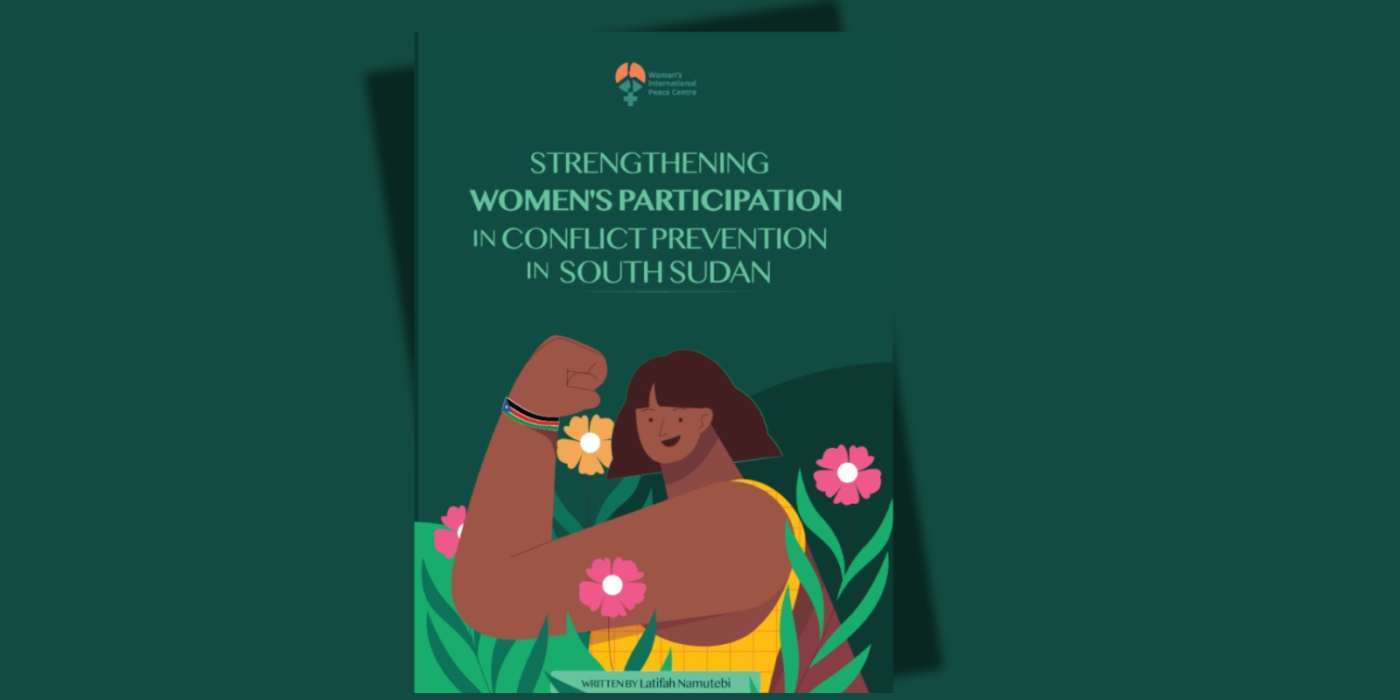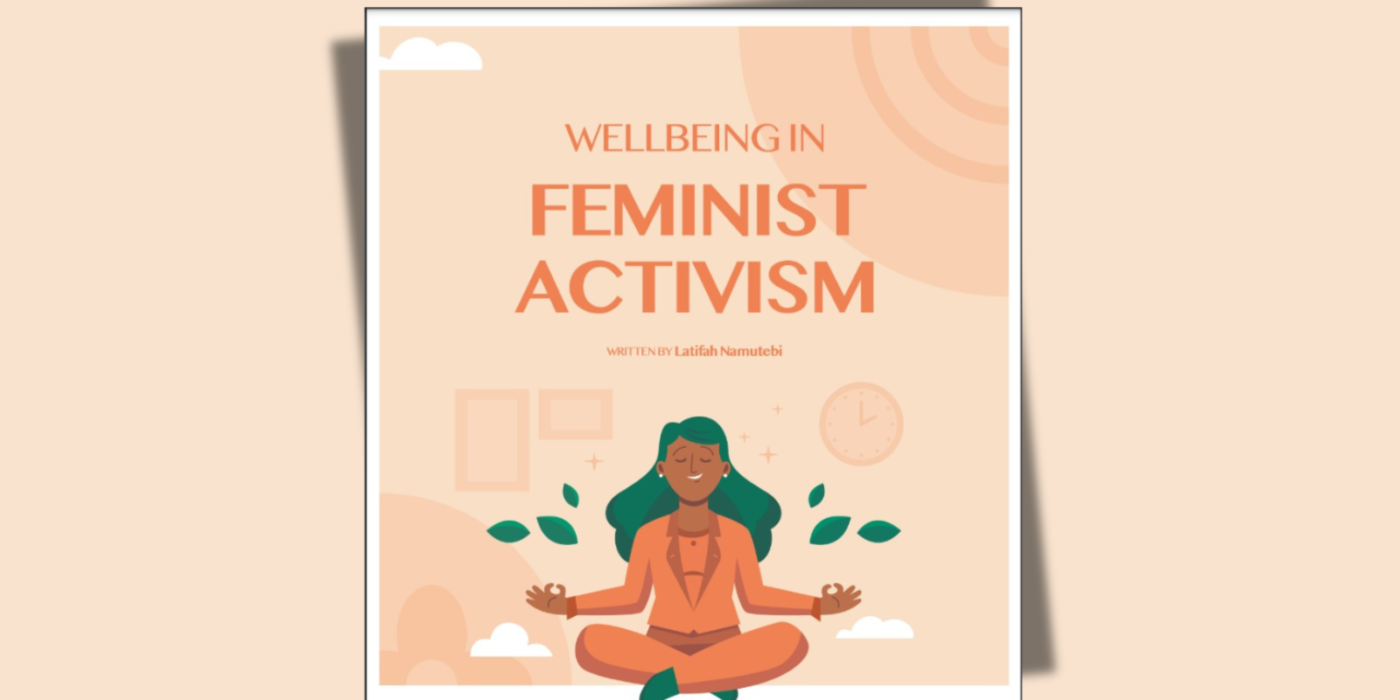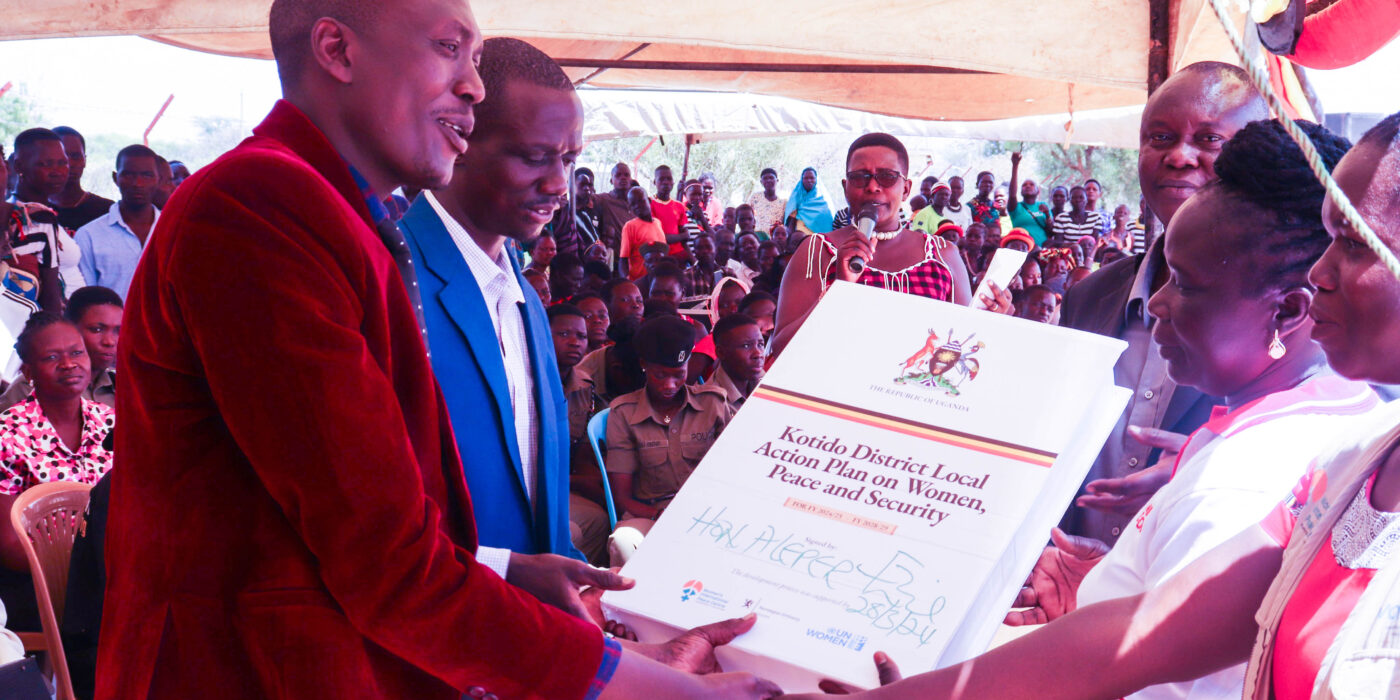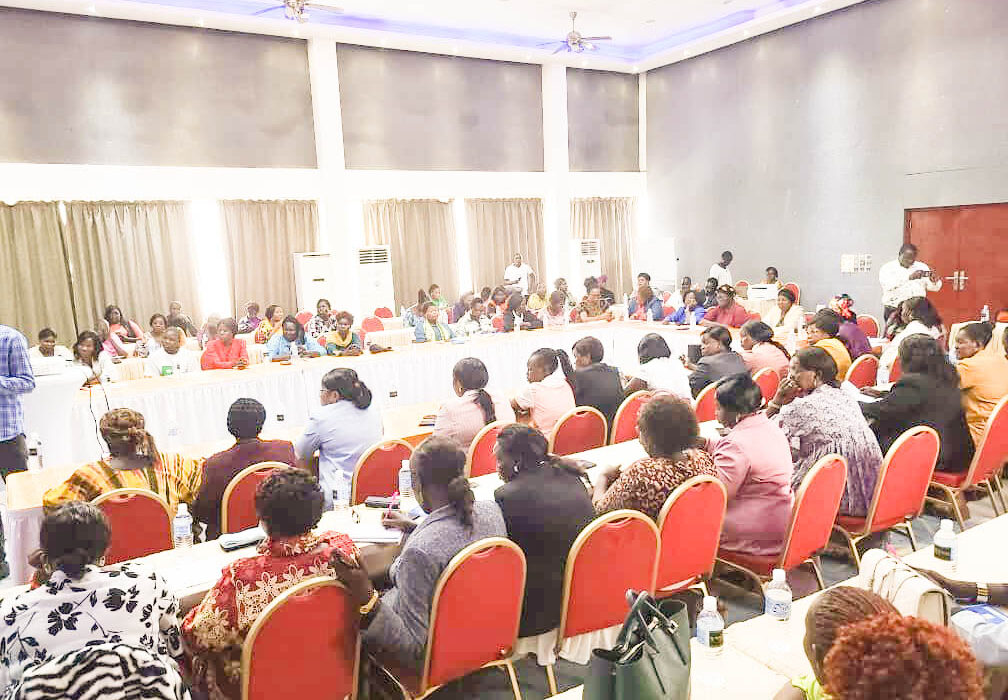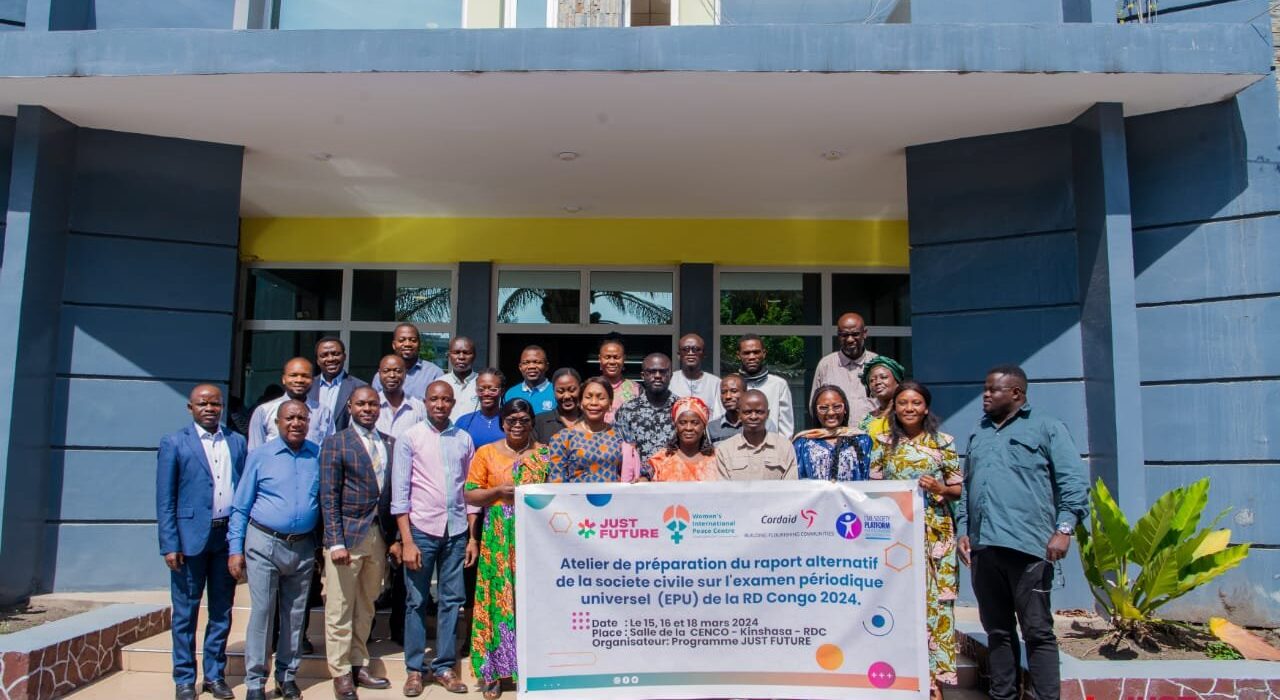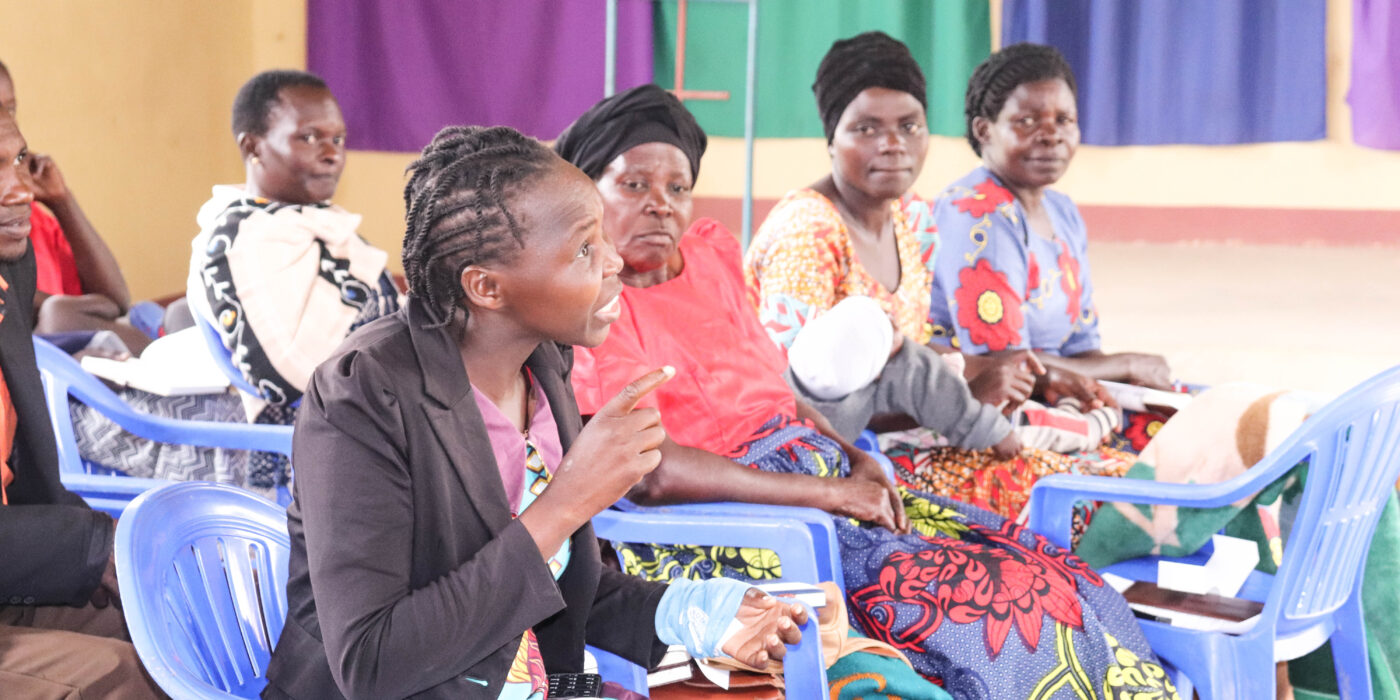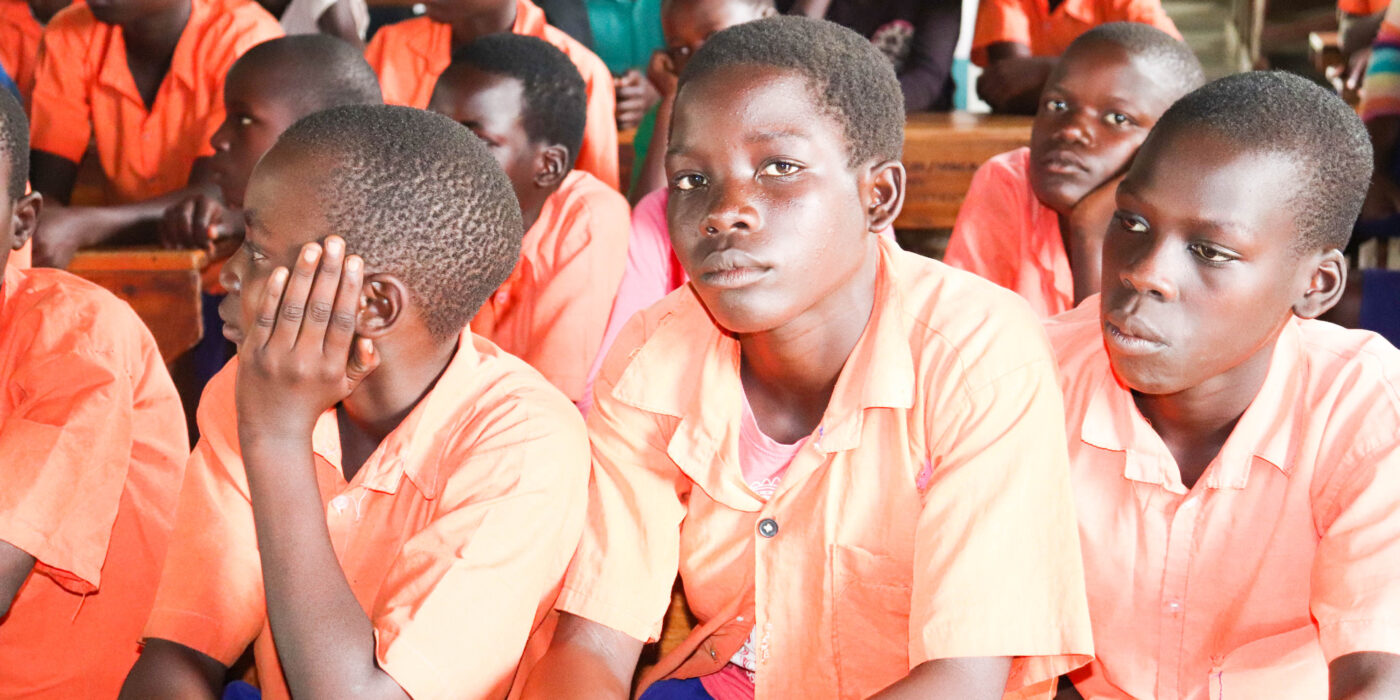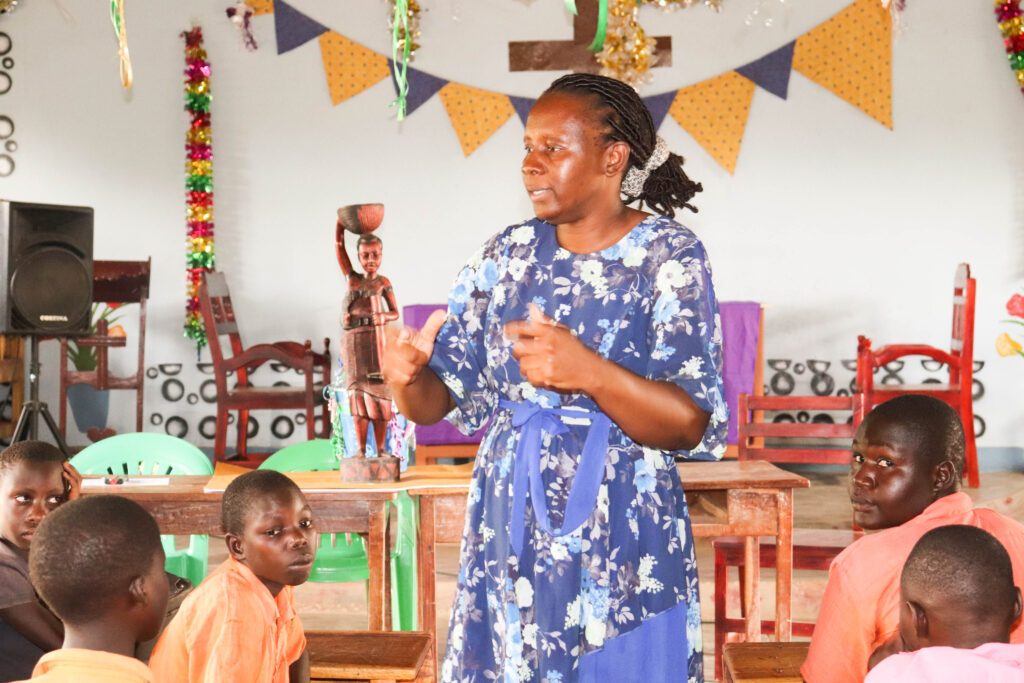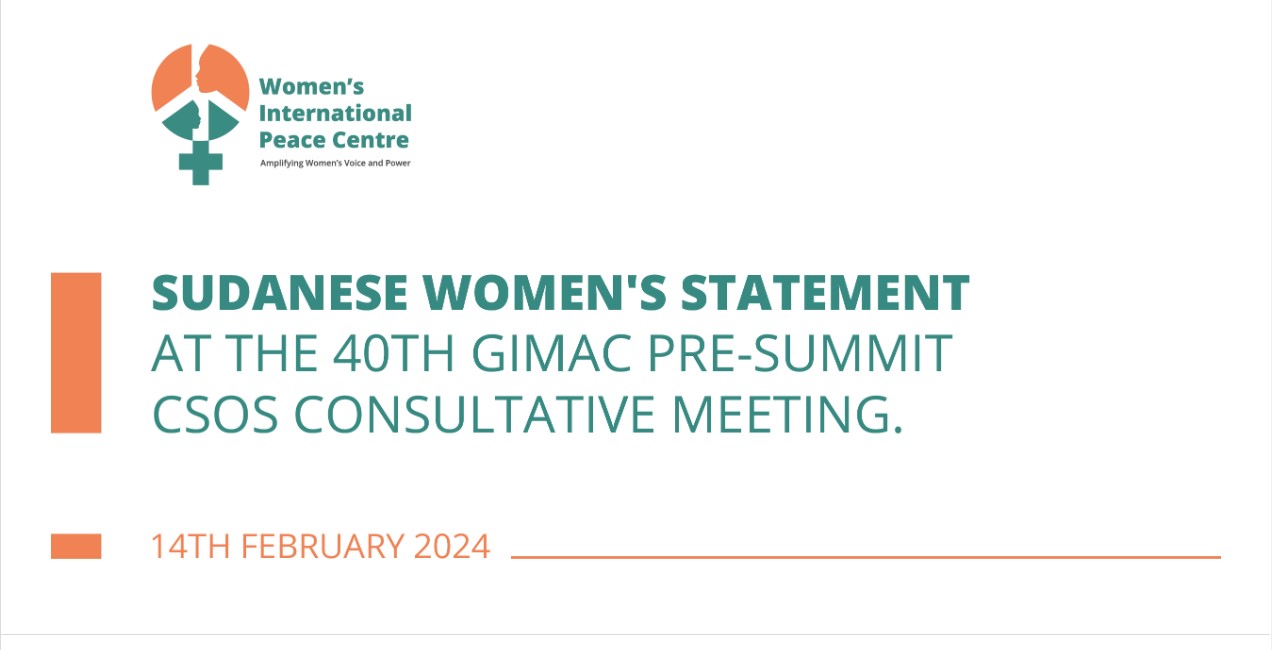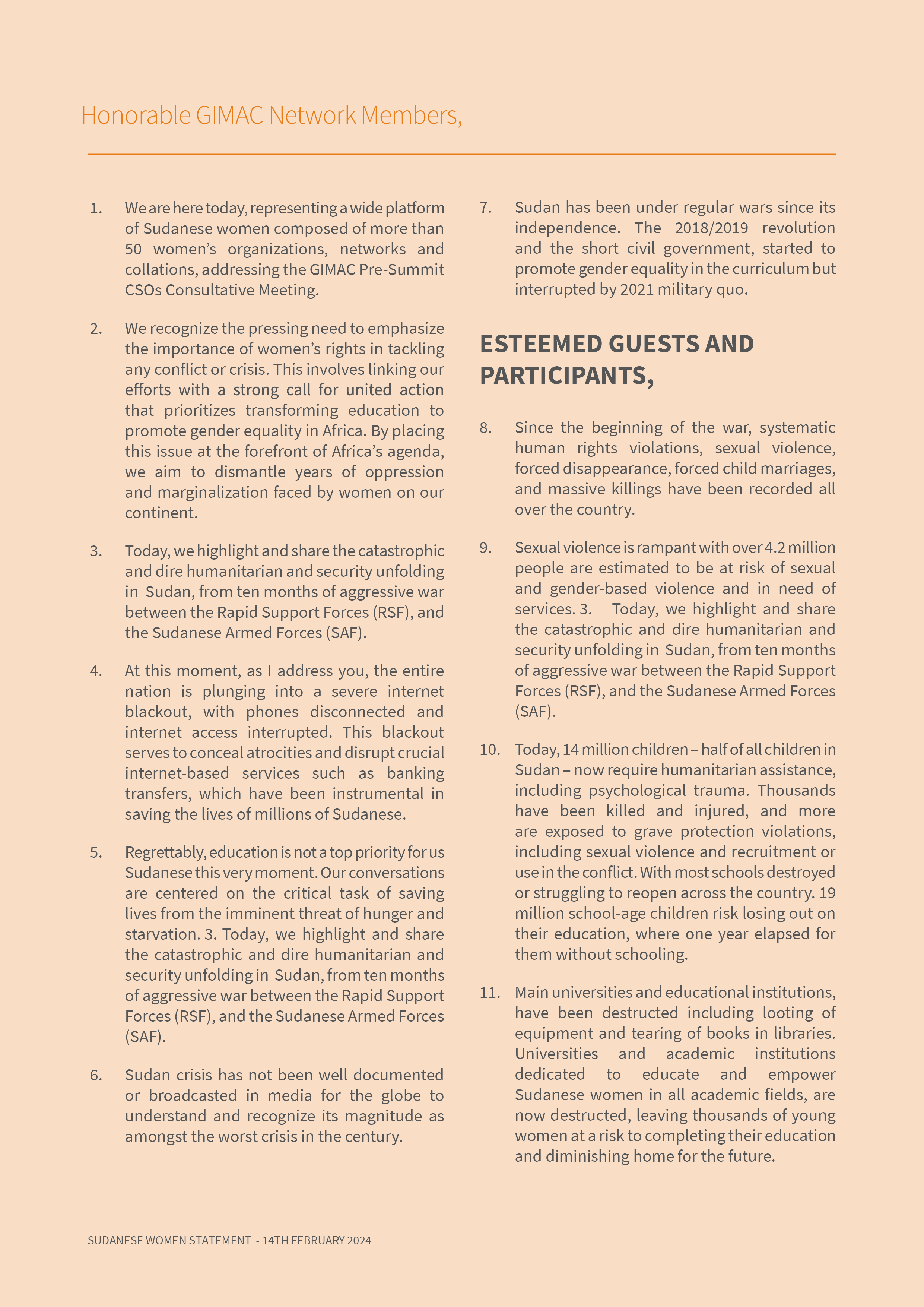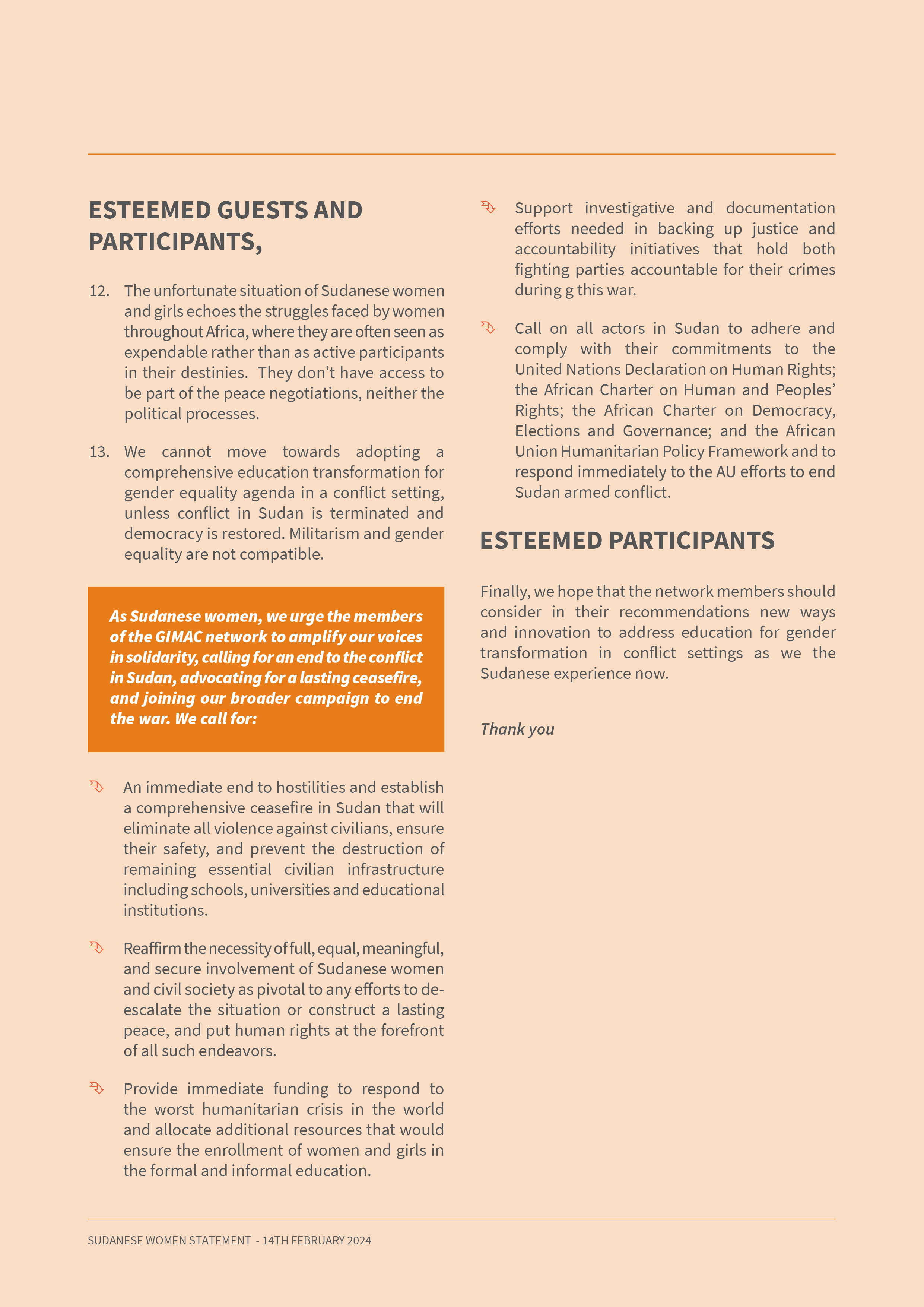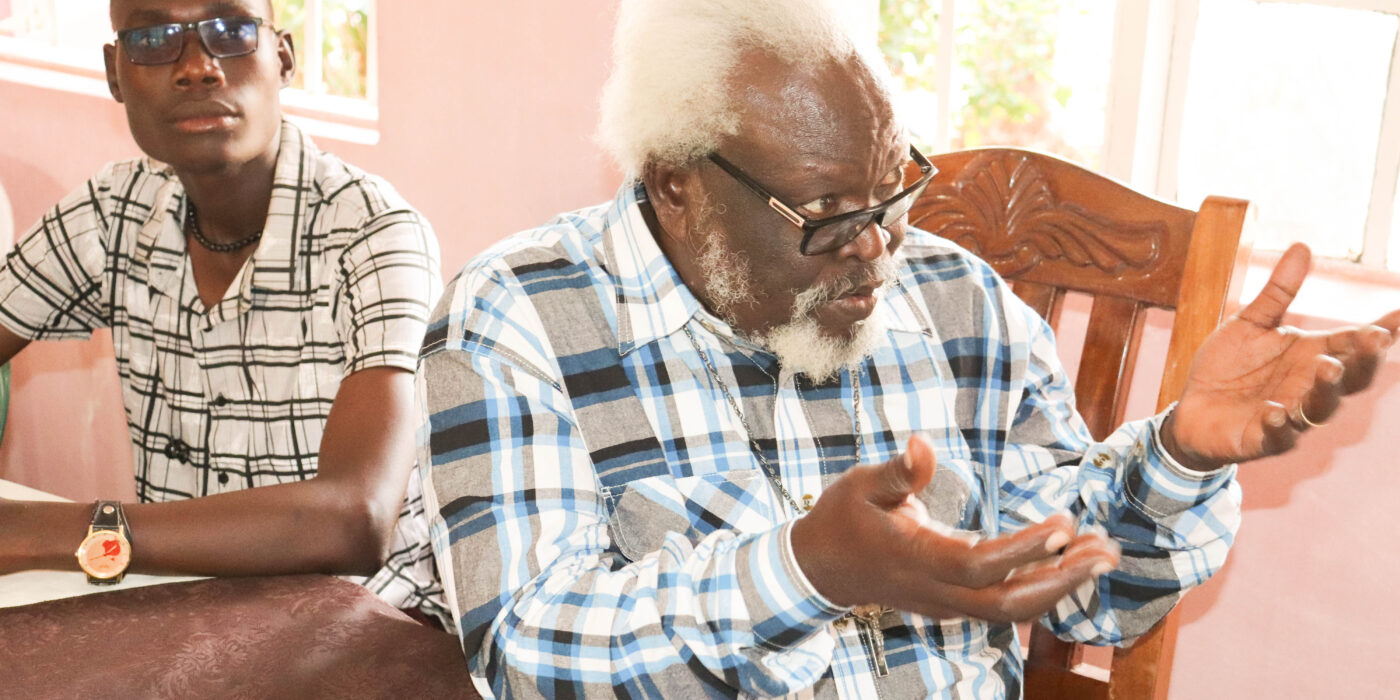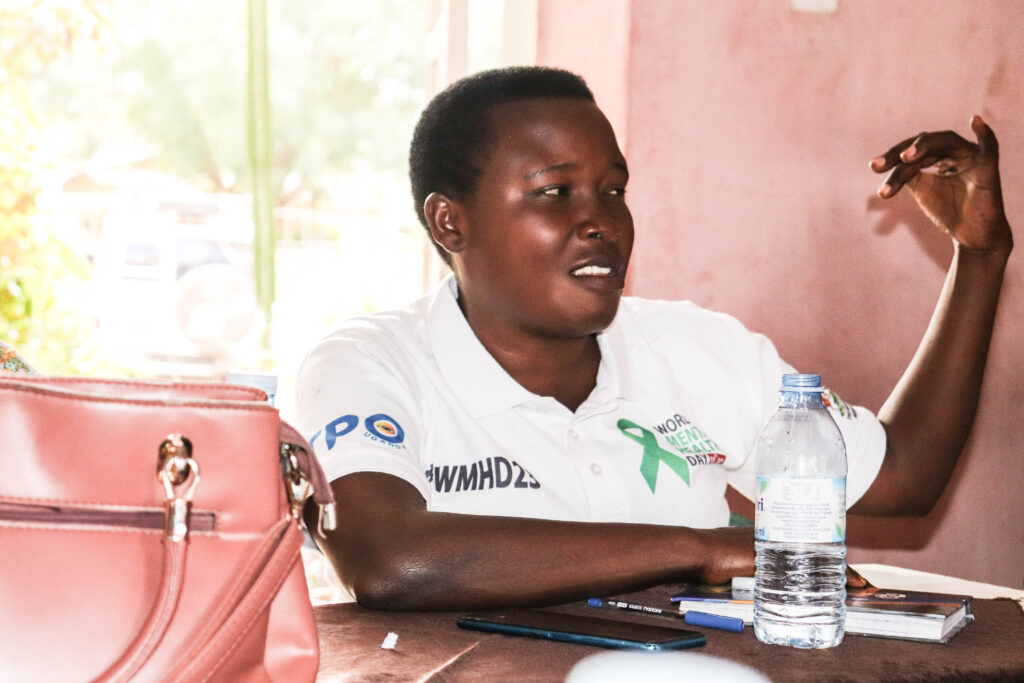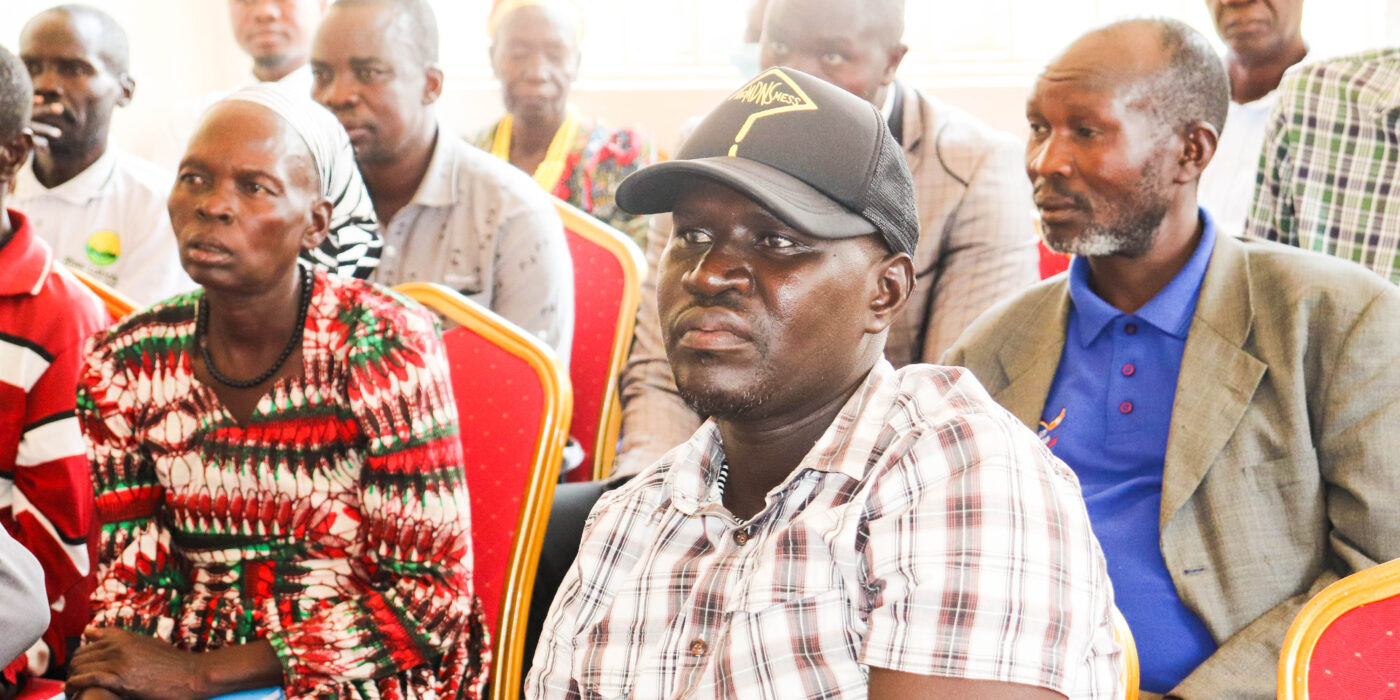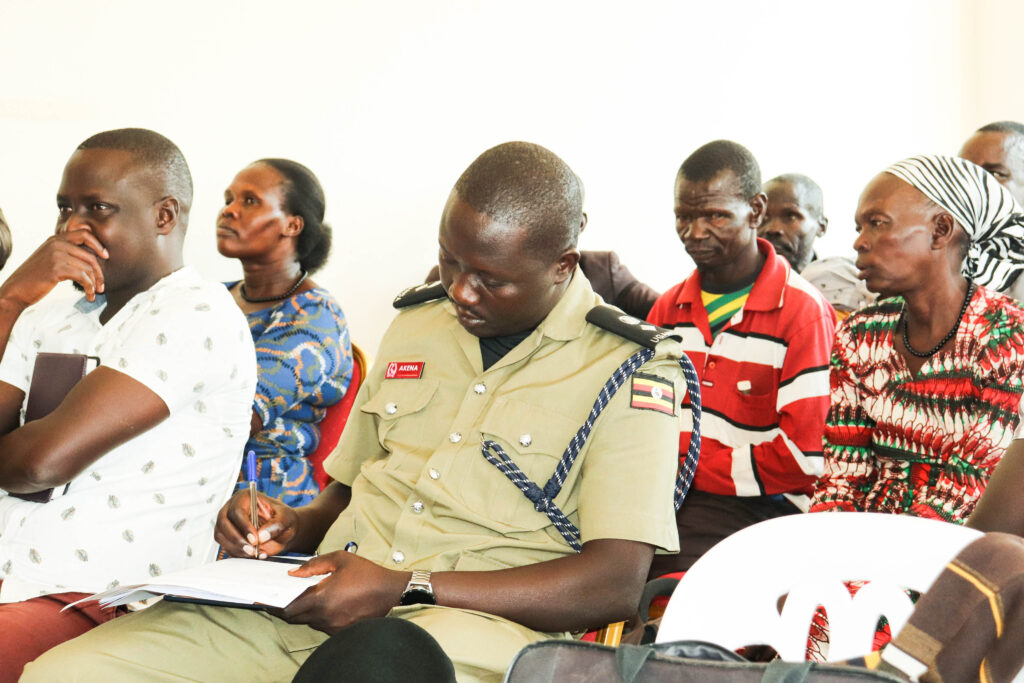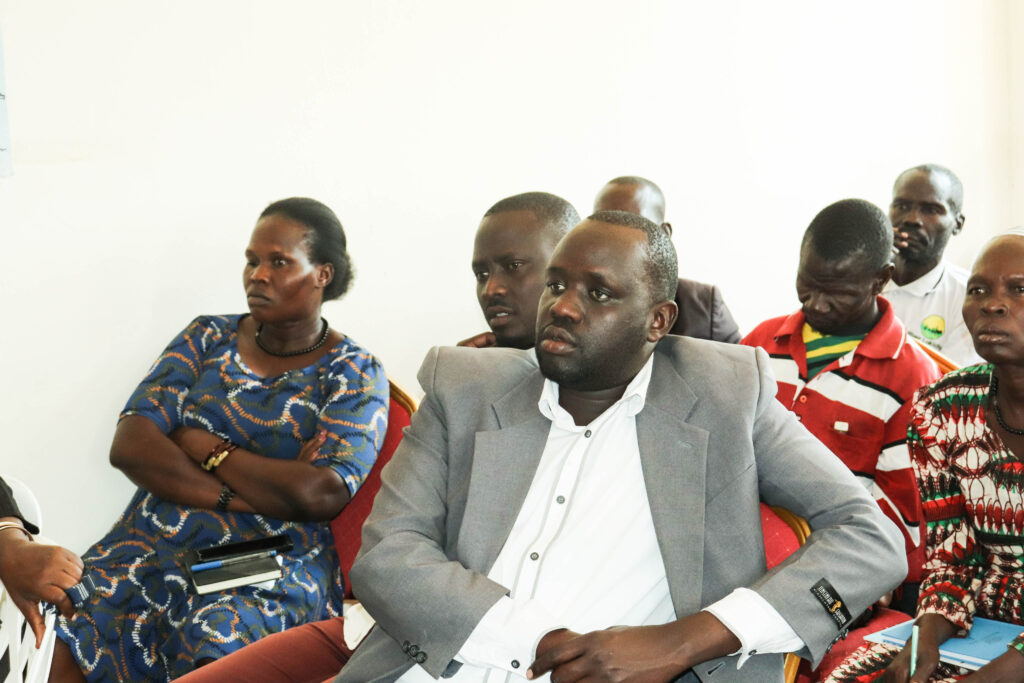Napak District on 19th January 2024, conducted a validation meeting to review and refine its Local Action Plan (LAP) on Women, Peace, and Security. The meeting saw active participation from a diverse array of stakeholders, underscoring the community’s collective commitment to promoting gender equality and sustainable development.

The validation meeting, attended by 35 participants, aimed to critically assess the initial draft of the LAP, ensuring that it accurately reflected the needs and aspirations of the Napak community. Participants in the meeting, included religious leaders, cultural representatives, civil society organizations, and women’s rights advocates, who facilitated a comprehensive review process that incorporated a wide range of perspectives and insights.
Throughout the session, participants meticulously examined the LAP document, scrutinizing each element to ensure clarity, accuracy, and relevance. From refining the LAP’s vision, mission, and goal to fine-tuning strategic objectives and interventions, stakeholders actively engaged in shaping a robust and actionable plan for advancing women’s empowerment and peacebuilding initiatives in Napak District.

Modifications were made to various sections of the LAP, including strategic objectives and interventions, reflecting stakeholders’ commitment to crafting a comprehensive and effective action plan. Key revisions included setting more realistic targets, refining strategic interventions, and aligning activities with the district’s priorities and resources.
The validation meeting also provided a platform for stakeholders to share valuable insights and recommendations for enhancing the LAP’s efficacy and impact. From emphasizing the importance of traditional leadership structures in promoting peace to highlighting the interconnectedness of food security and gender-based violence, participants offered invaluable perspectives that will inform the LAP’s implementation and monitoring framework.
Following rigorous deliberations and amendments, the validated LAP document was endorsed for presentation to the District Technical Planning Committee and subsequently forwarded to the District Executive Committee for further review. The culmination of these efforts will see the formal approval and adoption of the Napak LAP, marking a significant milestone in the district’s journey towards creating a peaceful, inclusive, and prosperous community.
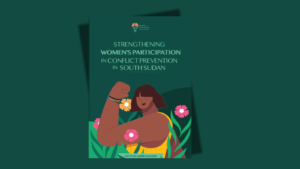 Strengthening Women’s Participation in Conflict Prevention in South Sudan 2024
Strengthening Women’s Participation in Conflict Prevention in South Sudan 2024
